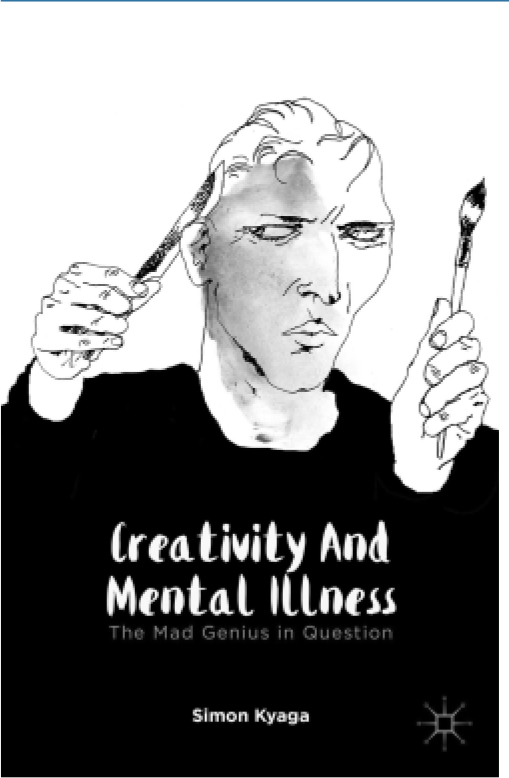
The possible association between mental disorder and creative genius has long been the subject of clinical and public interest, with many publications in the past 5 years. Simon Kyaga has had a hand in many of the major academic contributions to the field of creativity and psychopathology in recent years. This book aims to communicate these findings to a wider audience and acts as a comprehensive review of the history, epidemiology, neurobiology and genetics of the association of creativity with mental health. The main finding is that whereas there appears to be an association between bipolar disorder and artistic occupations and an association between being relatives of these patients and creativity, this is not true for other mental health problems.
I question who the audience will be for this book, not least because of its cover price. At times I feel that I have been tricked into reading a PhD thesis with a nice cover illustration. Those with some academic understanding of the field would be better served by reading Kyaga's journal publications and his PhD thesis (which is freely available online). Indeed, the same may be true for lay readers. The main additions come in the form of explanations of technical language – defining schizophrenia or explaining what a confounder is, for example.
Kyaga waits until the final page to explain the purpose of this work as he sees it: ‘Research on creativity and psychopathology … may give hope and optimism back to those struck by mental illness’. But here's the rub: can proof of an association really reduce stigma? Surely if you find yourself with a diagnosis of bipolar disorder and you are not creative this is a double blow? The work is admirable, has moved forward the debate and is interesting in and of itself, but this presumed impact on reducing the stigma of mental illness is a reach.
Also we should be clear that this association does not reflect an impact on creativity at the population, or indeed, individual level. By my reckoning if it was possible to remove all bipolar disorder in the population, creativity would only be reduced by 0.23% according to Kyaga's findings. However, this fails to address the fact that in doing so we may also eliminate the next Byron, Elgar or Munch (all of whom have been posthumously diagnosed with bipolar disorder by various sources).



eLetters
No eLetters have been published for this article.